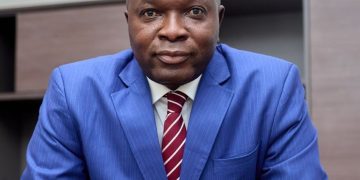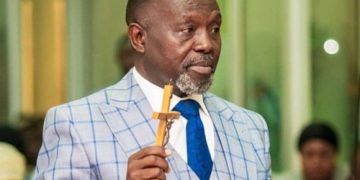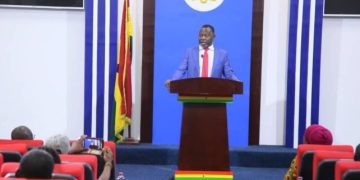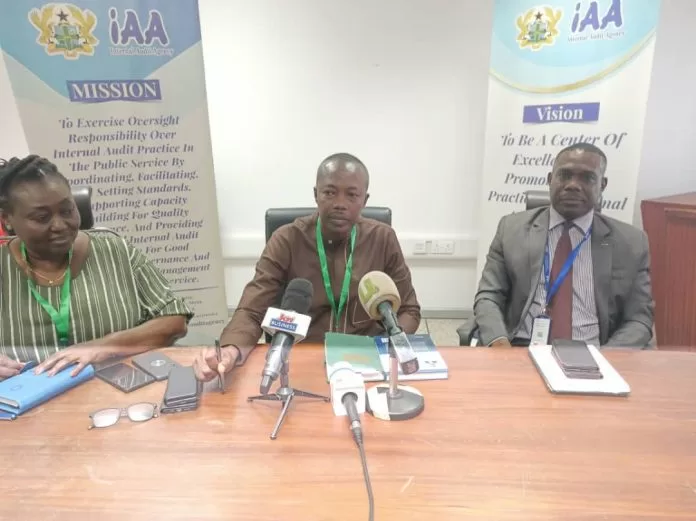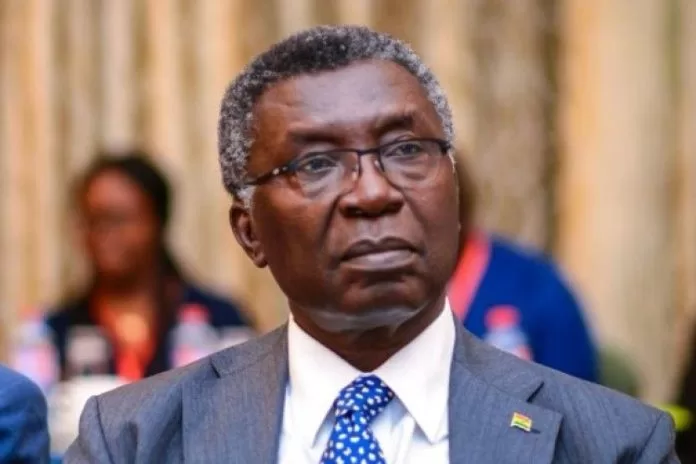A full-scale cleansing of the Public Sector Payroll can save the country about GHS10 billion annually, the Fair Wages and Salaries Commission (FWSC) has said.
A preliminary payroll monitoring exercise conducted by the FWSC and the Internal Audit Agency in 2022 and first quarter of 2023 found that 22 per cent of the wage bill of 58 public institutions constituted unearned salaries.
The exercise also identified cases of ghost workers, which comprised separated staff and unknown staff who still existed on the payroll of those institutions.
Mr Benjamin Arthur, Chief Executive Officer, FWSC, made this known at a consultative meeting with the Civil Service and the Local Government Service on the ongoing Nationwide Payroll Monitoring exercise in Accra on Wednesday.
The purpose of the meeting was to explain to the leadership of the Civil Service and the Local Government Servi
ce the purpose and scope of the payroll monitoring exercise which commenced on April 3, 2023, and solicit their support.
Mr Arthur said the country must be concerned about the anomalies in the Public Sector Payroll and minimise irregularities to save money to support the economy.
“Assuming that the 58 institutions (monitored) entirely represent the entire public sector, what it means is that we would have to cure this thing now. It could mean that we also have 22 per cent of the wage bill going into unearned salaries.
“The 2022 wage bill was GHS 44.9bn; so, if you take 22 per cent of it, it is nearly GHS10bn. We are nearing a quarter and that is very huge,” he said.
Mr Arthur said the overall objective of the payroll monitoring exercise was to ensure fairness and equity in pay administration as well as to manage the public sector wage bill effectively.
He said the exercise will cover the entire public sector institutions and employees except Article 72 Office Holders.
He said the exercise had been divided into four zones, adding that this year the monitoring team would focus on education, health, and public administration institutions.
Mr Arthur said ten teams had been deployed for the exercise and about 28 institutions had so far been engaged.
Mr Ignatius Baffour-Awuah, the Minister of Employment and Labour Relations, urged the FWSC to broaden engagement with all relevant stakeholders to make the exercise successful.
Nana Kwasi Agyekum Dwamena, Head, Office of the Head of Civil Service, appealed to the FWSC to attach “human face” and protect the confidentiality of workers while correcting the wrongs.
He asked the leaderships of the various institutions to hold durbars and explain the exercise to their staff to avoid agitations.
“This is a crucial national assignment so it is something that we all support. We are not using this as a punitive measure but wrongs must be corrected.” Nana Dwamena said.


